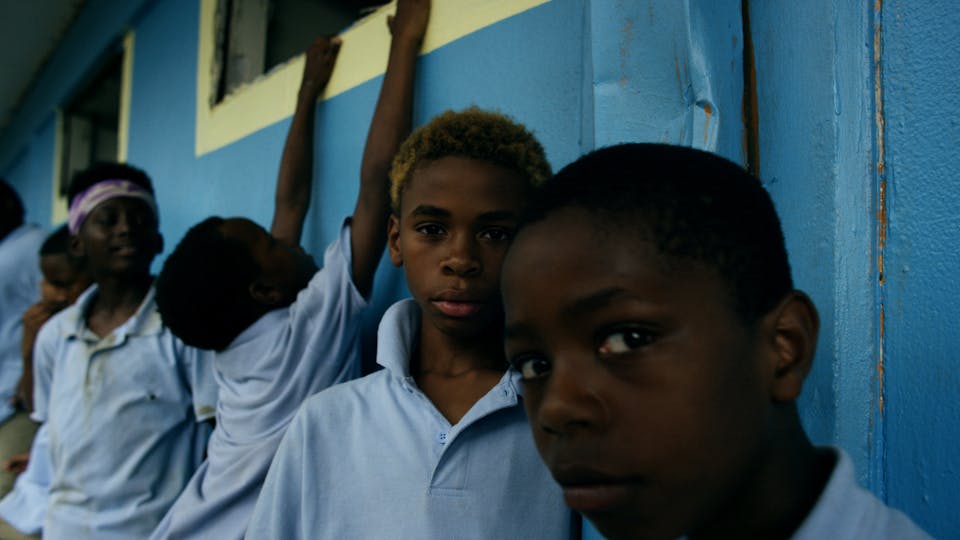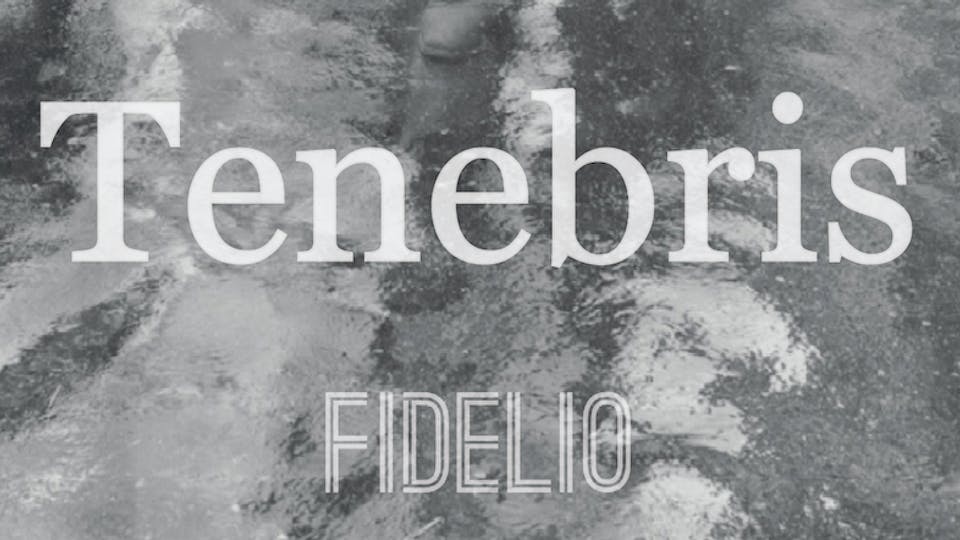Reframe Spotlight: Q&A with 'The Tao of 9 Second Ave' director Michael Schiller

9 Second Ave in NYC's Lower East Side has been known as many things to many people: an amusement resort, the Church of All Nations, CUANDO, and the Taoist Temple of the Ancestral Mother to name a few. It's because of this that director Michael Schiller decided to make the documentary The Tao of 9 Second Ave about its history and the few residents it had left before its demolition. Currently a condo complex, the building as well as Schiller's film is now an example of Manhattan's ever-changing existence both culturally and architecturally. Here Schiller answers our questions via e-mail about his interest in the building, his six year journey making the film and what ever happened to it's inspiring lead, Kung Fu teacher Sifu Jai. To rent of purchase The Tao of 9 Second Ave, visit the Reframe Collection.

I had a long and involved relationship with that building. It started in 1996 when a friend of mine, a performer, brought me there for an experimental film shoot. I just fell in love with the beautiful decay, the way the light came in the windows, the whole place had a really enchanted feel. It was this huge abandoned building right on the corner of Bowery and Houston that was mostly empty, but the walls were covered with art and all the remnants of the old tenants, the community center and theater, were littered everywhere. You really felt the ghosts of all the people who had passed through there. No, I had just seen it from the outside, walked by it a million times. Did you know that a Kung Fu school was still operating in there, or did you just think it was abandoned? I had no idea there was a temple and Kung Fu school on the top floor until we were done filming our experimental short that day. Someone on the crew mentioned that there was a Kung Fu school on the top floor so I wandered up there to check it out. There were these metal double doors with pictures of Chinese mythological gods on the doors and burning incense outside. The doors were locked so I just started knocking on the door. When did you first meet Sifu Jai? That afternoon, he answered the door and I introduced myself. He was very gracious and accommodating. He invited me in to the temple. I was pretty blown away, there was a massive ornate Buddhist and Taoist altar in there. It was the whole top floor of a block sized building, originally it had been a theater. You spent six years making the film, when did you hear that the building was going to be destroyed? I started spending a lot of time up there. I knew there was a compelling film to be made about the place and Sifu Jai. The real inspiration to make the film came when he told me about their struggle to keep it from being demolished. That was in 1999. Before the turn of the century (crazy to think of it that way).
The building is obviously a main character in your film, how did you go about shooting it and in a sense bring it to life? There are a few angles to that. On the surface there's the architectural space. It's not a particularly striking looking building from the outside. But inside it was pretty special, the crumbling interior made for all of these really striking visual compositions. And the other layer, the history of the place, is what brought the building to life. By reaching out to all these people whose lives were touched by the time they spent there, is what made the building come alive as a character. What has been the reaction of audiences, especially those who may not live in NYC? People are very responsive to the film. It's such a New York story and people tend to have this very strong relationship with the city, whether they live there or not. The story of that building is the story of the Lower East Side. Immigrants, cultural melting pot, abandonment, squatter movement, gentrification. So if you lived in the LES, you know that story, and people who lived it feel very passionate about it. If you didn't it's like a portrait of another planet. People can't believe it was all true. What's Sifu Jai doing now? Sifu Jai is the wandering Taoist master. He really lives the creed of the Taoist masters of antiquity, of non-attachment. So he's hard to track sometimes. He still teaches and lots of his students are masters now too, with students of their own. I'm in touch with some of those guys. I don't know exactly where he is, but he can be reached via the web. He's got some Taoism websites and he's on Facebook. What is your hope people will take away from the film? This film is the product of years of investigating, researching and spending time in a community that is pretty unique. That block, where Mars Bar was until a few months ago, and where the temple stood for most of a century, is very iconic. Where the fancy wine bar is, by the entrance to the upscale condos on 1st St., that used to be an abandoned lot with an RV that people lived in. That was the main entrance to 9 Second Ave. So I think one of the take aways is that the city is this living breathing thing with so many hidden layers of history. There was a time, not long ago, that people moved to the LES because rent was cheap and it was culturally alive and vibrant. Now it's like the Haight Ashbury in San Francisco, like a gift shop on a historic battlefield. But the film is really not just a lament for those times, it's a portrait of impermanence, which isn't "bad" or "good." The Tao is not good, the Tao is not bad, the Tao just is. What are you working on now? I just locked up distribution for my first feature doc, The After Party. It's about the 2004 Republican National Convention in NYC where over 1800 people were arrested, and the police surveillance operation connected to it. The film is my personal investigation into the weird world of domestic surveillance in post 9-11 America. You can watch it for free, courtesy of SnagFilms, on the site. I'm directing a spot for thetruth.com next week, and I have some feature film scripts I've been developing for a few years that are about to hatch. My next feature is going to be a fiction film.
[Photos: (Top to bottom) Director Michael Schiller, a still from The Tao of 9 Second Ave]






